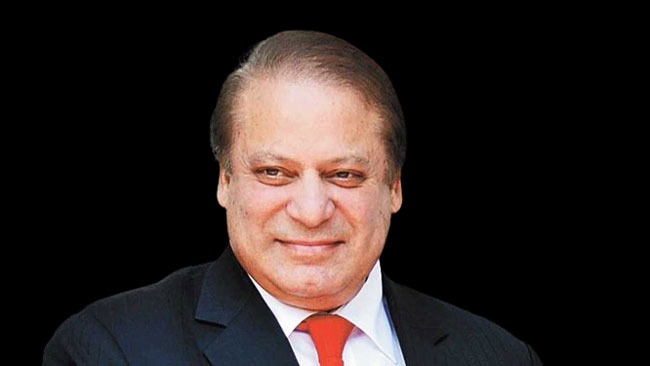London: Nawaz Sharif, leader of the Pakistan Muslim League-Nawaz (PML-N) and three-time former Prime Minister, has emphasized the need for improved relations between India and Pakistan, urging both countries to work on confidence-building measures. Once again, Sharif advocated for better ties with India, stating that there will come a time when both nations will engage in dialogue. He also addressed the issue of terrorism in his remarks.
In an interview with the Pakistani newspaper Dawn at the Four Seasons Hotel in Park Lane, London, Sharif expressed his thoughts cautiously, saying, “I do not want any instability to arise from my statement. The last thing I would want for my country is that.” It is noteworthy that India has refused to send its cricket team to Pakistan for the Champions Trophy scheduled for February-March next year. India has not sent its team to Pakistan since 2008, when under the captaincy of Mahendra Singh Dhoni, the team visited for the Asia Cup.
Support for Cricket Diplomacy
Sharif supported the idea of cricket being a tool for improving relations between India and Pakistan. He stated, “Cricket is an area that can help improve relations. I had said that the Indian team should come to Pakistan. If we had to play in India, I would want the Pakistani team to go there first. This would improve relations.”
Thoughts on India-Pakistan Relations
Discussing the complex nature of India-Pakistan relations, Sharif remarked, “We are both neighboring countries and will always be. We should have good relations. When problems arise, we should sit down and talk in a friendly manner.” Regarding the congratulatory message sent after Narendra Modi’s re-election as Prime Minister and India’s cold response, Sharif emphasized the need for confidence-building measures to resolve issues. “I believe there will come a time when India and Pakistan will discuss their most difficult issues,” he said.
Response to Terrorism Allegations
On India’s accusations of Pakistan supporting terrorism, Sharif did not elaborate much, simply stating, “We are victims of terrorism ourselves.” The 74-year-old senior politician stressed the importance of maturity for regional stability and said, “I want to avoid any provocative statements.”




